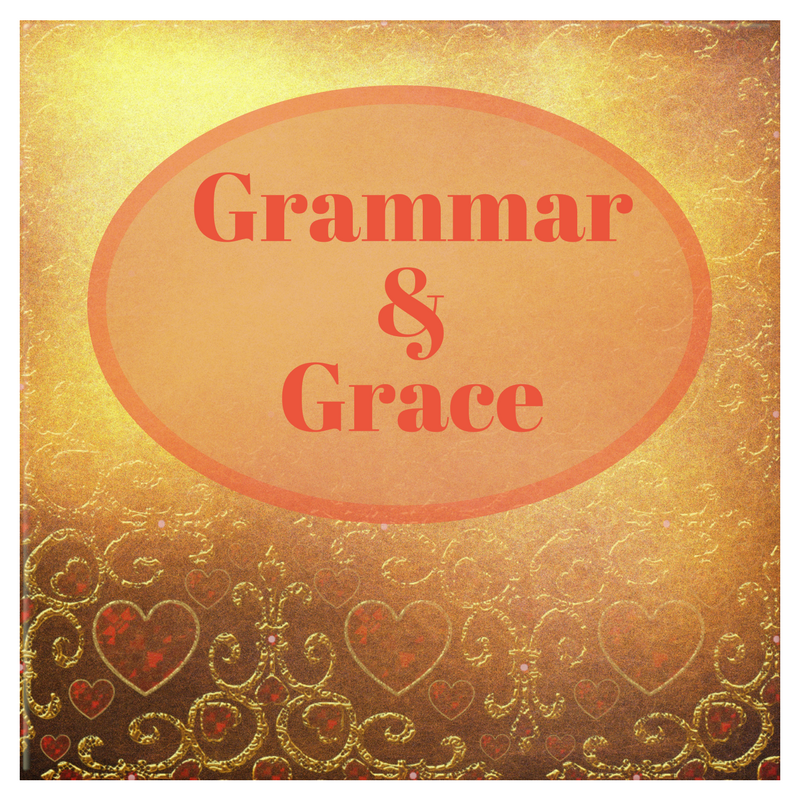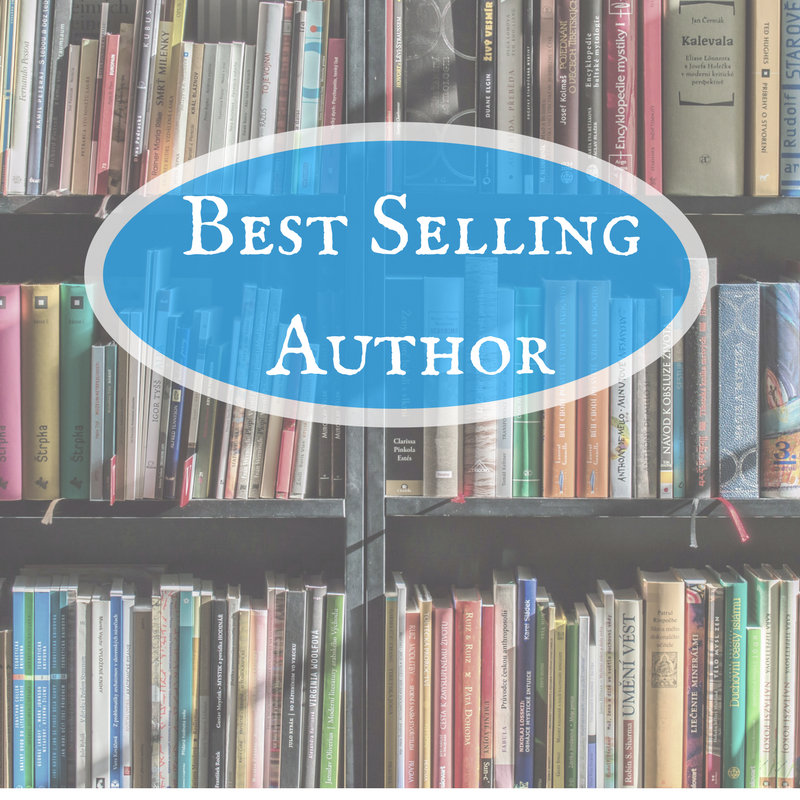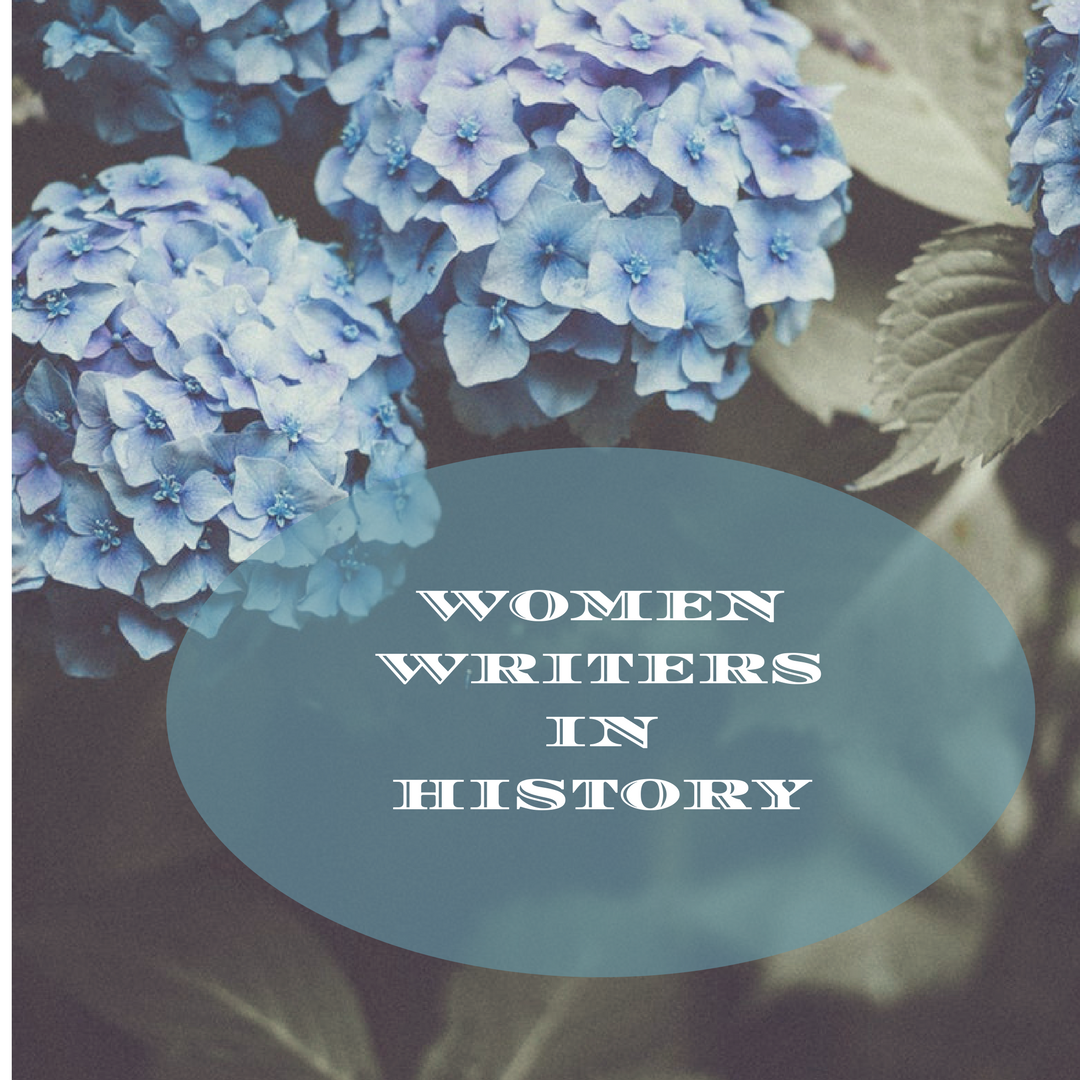
What’s an Interjection
Last year, we explored seven of the eight parts of speech. Then I took a break to address compound…
September 18, 2018
Last year, we explored seven of the eight parts of speech. Then I took a break to address compound…
September 18, 2018
Almost three years ago, I wrote a post about using apostrophes. If you want to read it, go here. The…
August 18, 2018
Editors are like doctors. People entrust their precious baby to them. Their beautiful, chubby, and well-loved child. Doctors must examine…
July 25, 2018
The words empathy and sympathy often cause confusion. I know first hand. I used empathy in another blog post…
July 18, 2018
Almost an Author is celebrating its third anniversary. Why not take a moment to look back at some of…
July 5, 2018
Can you share a little about your recent book? Called To Protect is the second book in the Blue…
July 1, 2018
This post includes the remainder of compound words from U through Z. The list is intended to help during…
June 18, 2018
Can you share a little about your recent book? It’s The Accidental Guardian, and is available. When Trace Riley…
June 1, 2018
Last time, I offered a list of compound words from A to H. This post continues with the remainder…
May 18, 2018
The One Page Sell Sheet is like a mini resume. The sell sheet gives the agent or publisher pertinent…
April 25, 2018
Nobody’s perfect, right? True. Neither can your romantic hero be perfect. Choose a character flaw that will irritate your…
April 23, 2018
So you’ve published a book. You just launched it or you’re about to do so. What’s next? How do…
April 10, 2018
Throughout April and early May last year, in the lead-up to Blue Ridge Mountains Christian Writers Conference, writers flooded…
April 9, 2018
I heard a recent statistic. It takes three to eight years to publish a book. For a writer, especially…
April 8, 2018
There is something delicious about writing the first words of a story. You never quite know where they’ll take…
April 3, 2018
My youngest child was almost ready for kindergarten. After being a stay at home mom for ten years, I…
March 30, 2018
The desire to write has burned in me ever since I was in middle school. I grew up in…
March 29, 2018
This month marks my one-year anniversary as the copywriting guy on Almost An Author. Have I convinced you yet…
March 28, 2018
When I first started writing back in the dark ages, my scenes were terrible. I didn’t have anything for…
March 27, 2018
Jane M. Tucker & Family Charm Genre: Historical Fiction The charm and fascination of her husband’s large family…
March 26, 2018
Reasons Why Writers/Authors Don’t Start A Blog Perhaps a friend has suggested you should start a blog, and you…
March 25, 2018
[bctt tweet=”Judah is going to be the man for Tovah. A romantic hero should be handsome and strong, sweet…
March 23, 2018
According to Elaine Marie Alphin (Creating Characters Kids Will Love p. 2) “Kids read because a magical closeness springs…
March 21, 2018
I had grand aspirations for this month’s post, involving a poll, some original photography and maybe even a snappy…
March 15, 2018
When the slick full-color magazines arrive in your home, many writers would like to write for those magazines and…
March 13, 2018